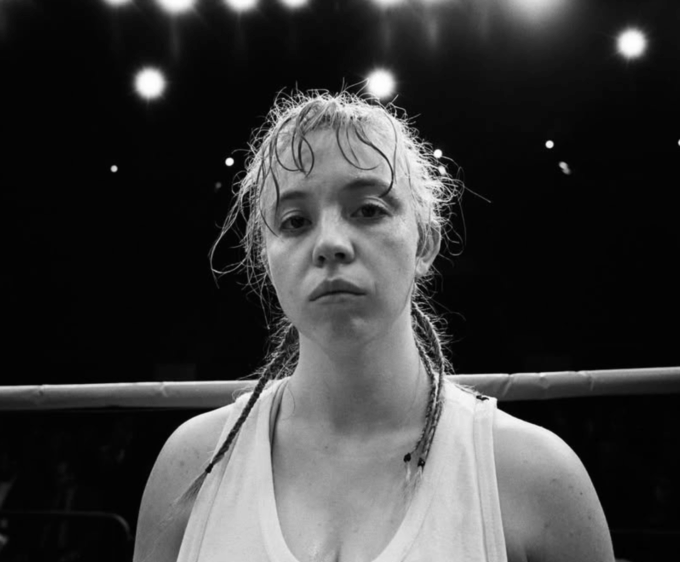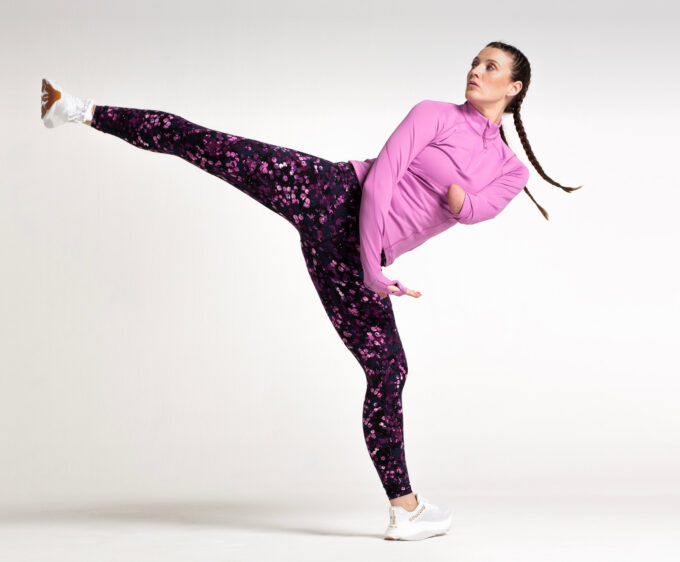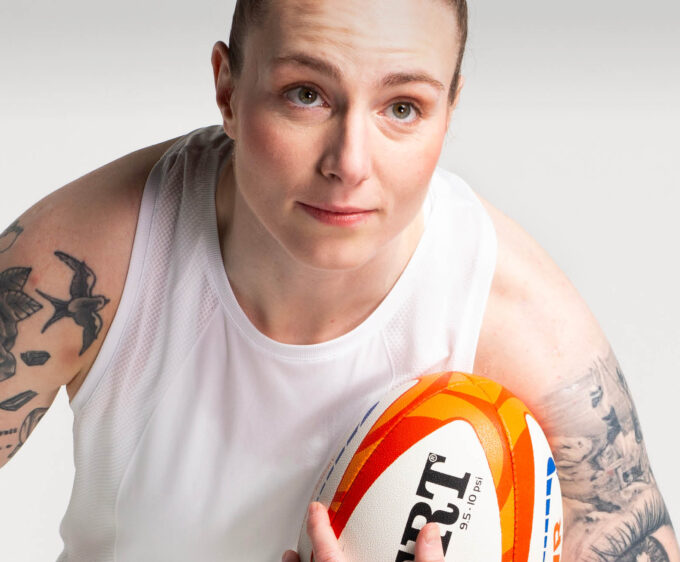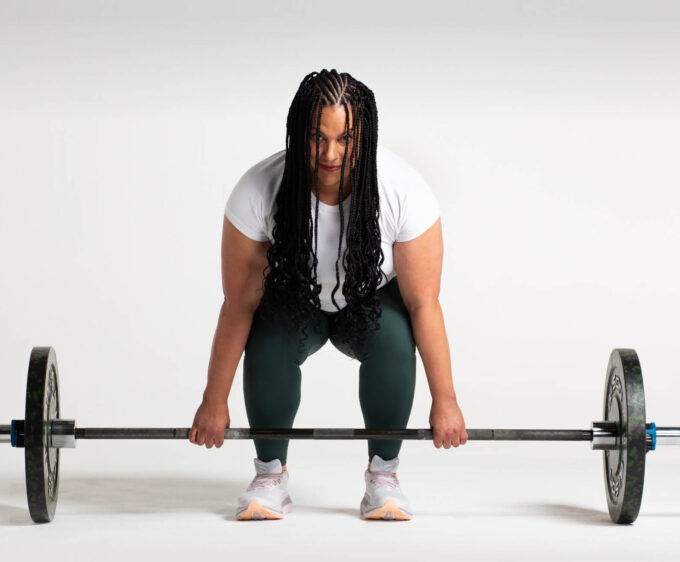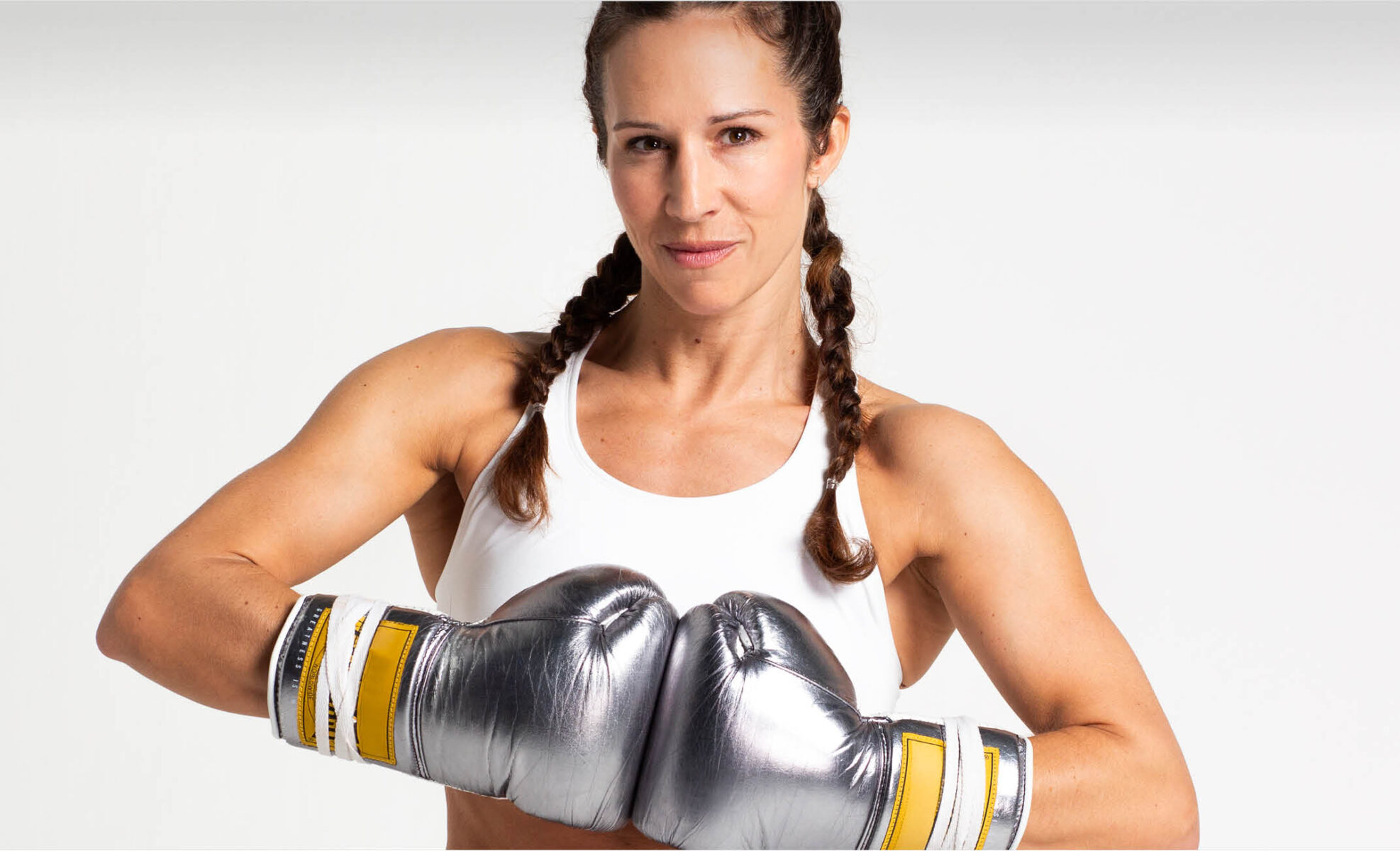
Beats & Bouts
She’s solved crimes, won titles, and still finds time to coach the next generation. Rachel Bower doesn’t wait for space; she makes it happen in the Met and in the ring. Find out what power really looks like when it’s lived, not performed.
By Glorious
Photography By Heiko Prigge
Rachel Bower doesn’t really do stillness.
Whether she’s leading an investigation as a Detective Inspector with the Metropolitan Police, coaching the next generation of fighters, or packing a gym bag for her own session, her life runs on movement. The kind that’s powered by purpose rather than chaos. “My parents used sport as a way of focusing my energy and keeping me out of trouble,” she laughs. “Nothing stuck though!”
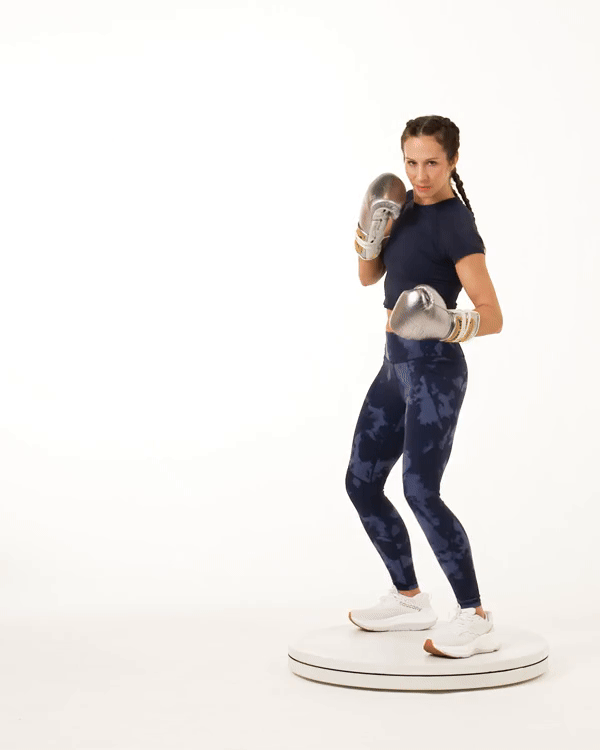
Growing up in Wakefield, West Yorkshire, Rachel tried her hand at everything, from rugby, hockey and karate to dance, swimming and cross country. If it burned energy, she gave it a go. University briefly took her away from sport, until one sharp turn changed everything. “I’d almost finished my PR degree when I did a 360 and joined the police,” she says. “I didn’t want to do the job back home in case I had to deal with any of my friends, so I moved to London.”
It was 2005, and London suited her pace. The police gave her structure, but something was missing. By 2006 she’d joined a boxing gym. “I wanted to get back to competing, I didn’t care what in!” she says. “But I kept winning…” She laughs at the memory. “I’d turn up for bouts and my coach would casually tell me it was a national semi-final. We boxed in sports halls and working men’s clubs. It wasn’t bright lights or big stages, but I just loved it!”
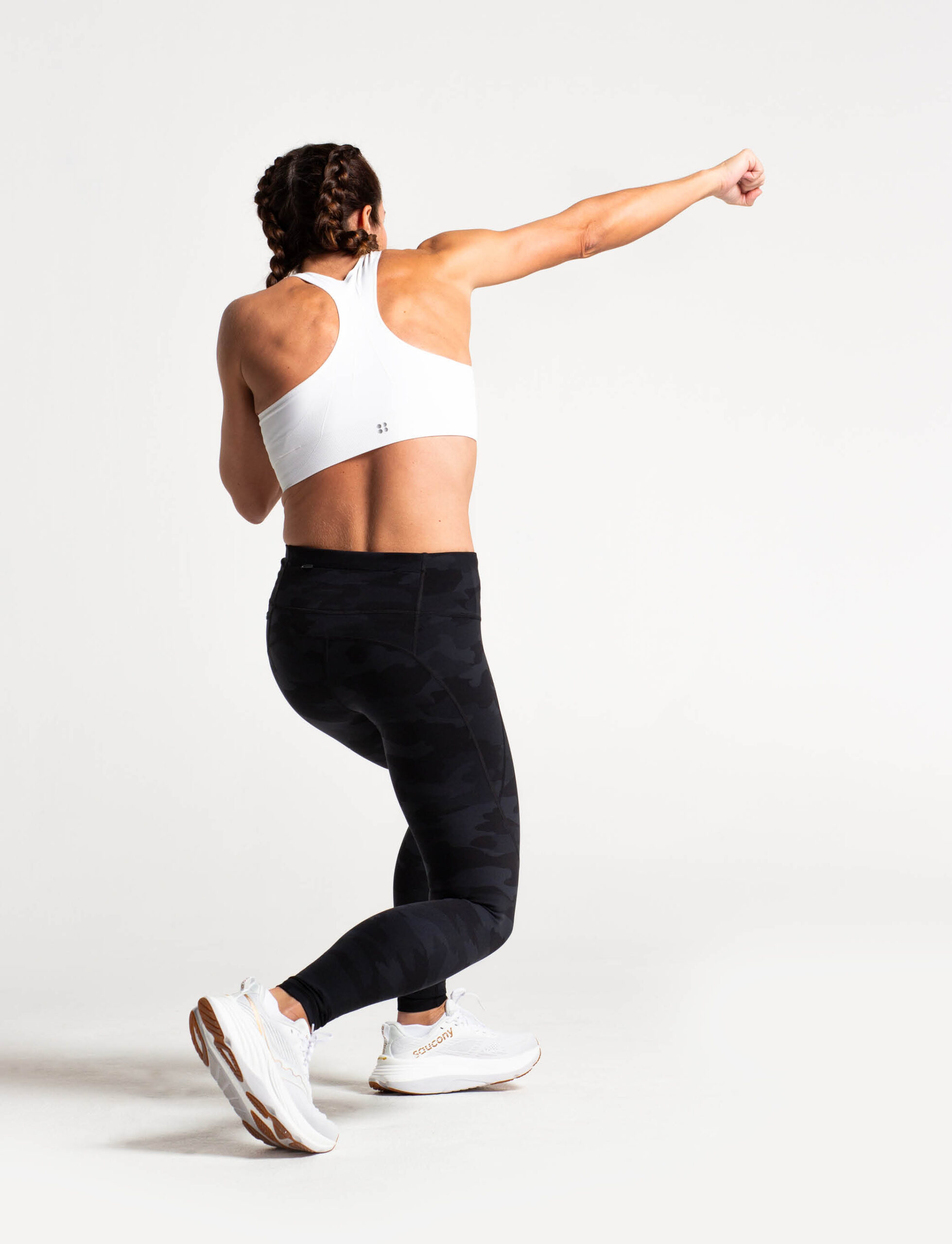
Boxing, for Rachel, was never about building a career. There was no roadmap for women in the sport back then, and she never expected to find one. “I never went professional because there wasn’t the depth of women’s boxing there is now,” she says. “I just did it because I loved it.” That passion took her all the way to winning the National Elite Championships and becoming national champion, plus silver medals at the World Police and Fire Games in New York and Washington, and at the Three Nations tournament while representing England. “I knew it would be my last season, so I gave it everything,” she says. “It was tough juggling work and training, but I was determined.”
When Rachel finally retired in 2015, she promised herself a rest. But that didn’t last long. “I qualified to help out at the gym, and when I retired, clubs started asking if I’d coach. I thought I’d be helping out a few nights a week but now coaching is my life.” The transition from fighter to mentor gave her a new kind of power, one that didn’t rely on gloves or medals. “I saw how boxing could change lives,” she says. “Not just for those who compete, but for people who need structure, confidence, or just a community.”
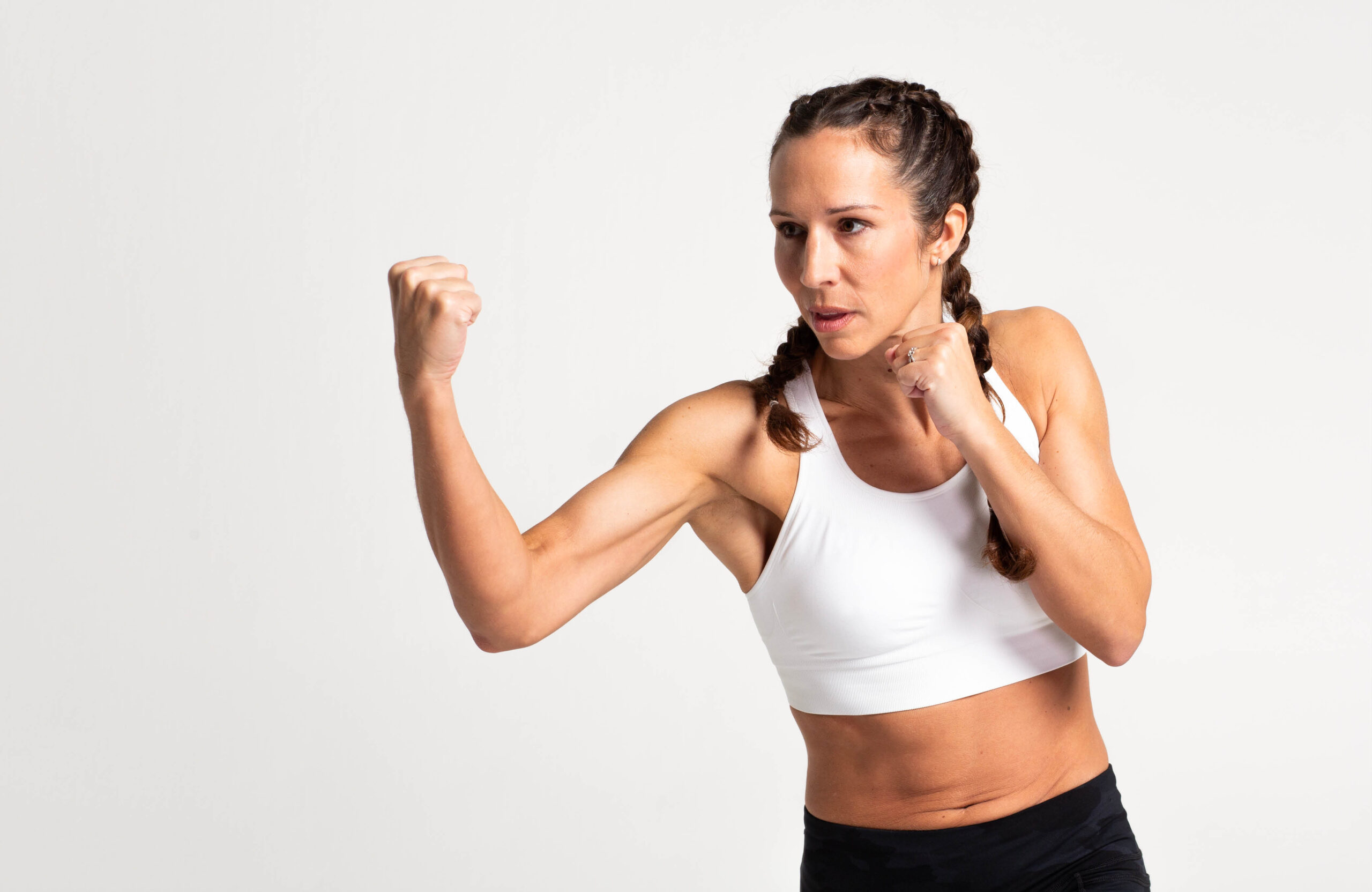
mindset
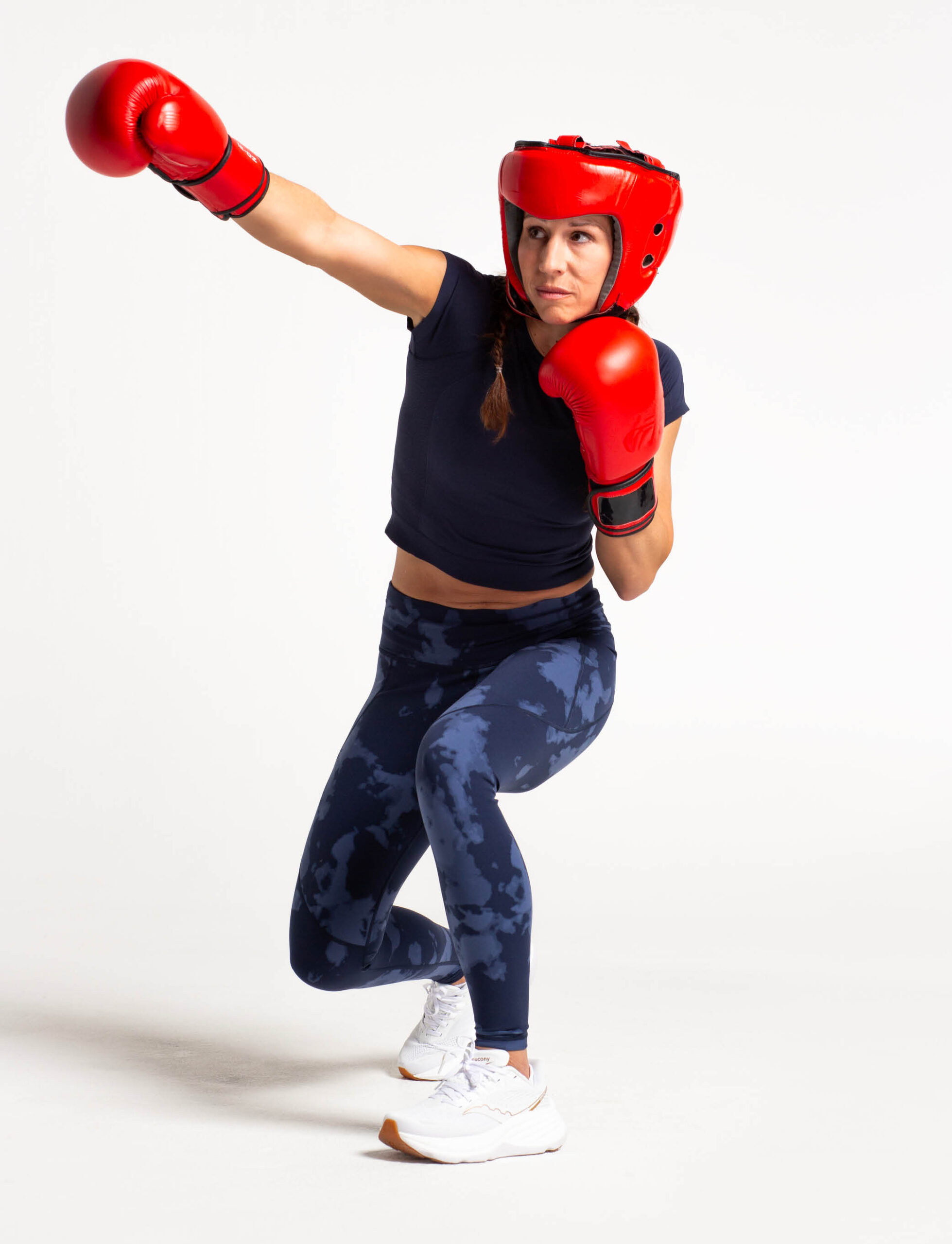
We’d first crossed paths with Rachel when she sat down with us a couple of years ago to talk about that very thing – how boxing builds people up from the inside out. Plus, a Detective Inspector by day and coach by night, her story is pretty extraordinary. So when our friends at Sweaty Betty asked us to spotlight women from our community who embody strength and resilience to showcase their best-selling Power collection, we knew we had to give Rachel a call. Everything about the way she moves through her worlds, calm, focused and endlessly driven, mirrors the purpose behind the collection.
From the chaos of a crime scene to the concentration of the ring, Rachel’s life is a study in control. The contrast should be jarring, yet she sees it differently. “The skills are so transferable I don’t know if I got them from boxing or policing,” she says, smiling. “It’s probably both – staying calm when someone’s trying to knock you out, or managing a team of investigators on a case.” She pauses, reflective. “I’ve worked in some very uneasy policing environments, so walking into a boxing gym full of men double my weight as the only female felt a little easier than it would for most.” That composure has made her a leader who can handle pressure but also understands when to share it.
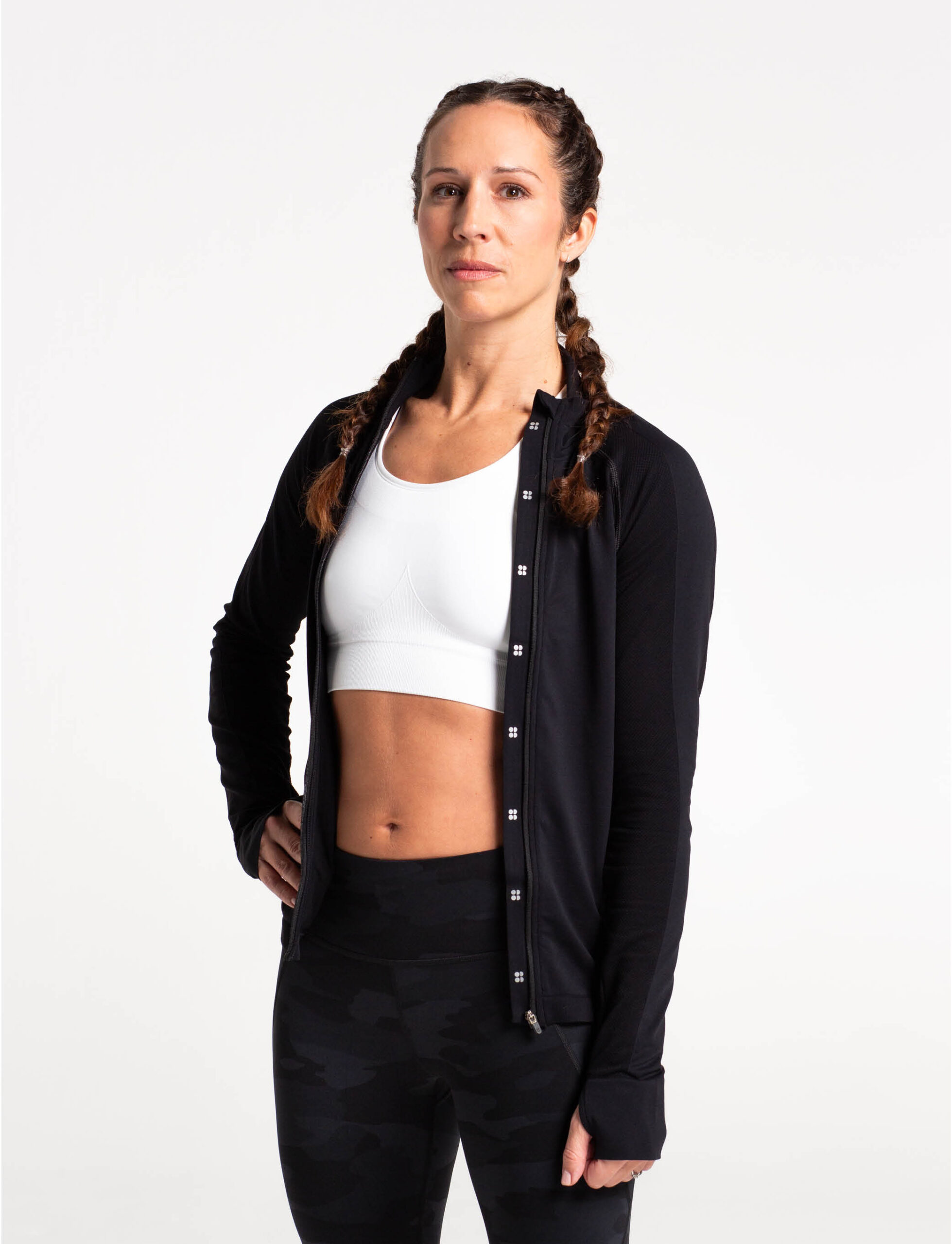
Rachel laughs when she talks about how she used to box. “I was too polite! I’d almost take turns with my opponent.” Back then, the mental side of the sport was often ignored, but it’s now central to her coaching. “Everyone says it’s 80 percent mindset, but that side was neglected,” she explains. “I needed a push in the other direction.” The lesson has stayed with her. “My style is nurturing, so I tend to attract boxers who need that same push. I tell them to think of boxing like an argument, you always want to have the last say and let the judges see it.”
Her perspective on women’s boxing is shaped by the contrast between where it started and where it is now. “I used to change in a toilet cubicle,” she says. “Now clubs have female changing rooms, toilets, showers. The professional scene has exploded, and England Boxing has invested in recruiting and keeping girls in the sport. But there’s still a bit of tokenism.” Rachel has seen enough of the sport to recognise that progress doesn’t always move at the same pace. “Some clubs only let female coaches work with women or kids, or put women in positions just to bump up equality figures. But it’s changing. There are brilliant female coaches coming through, and the England coaching team has women at the top – including the boss, which helps.”
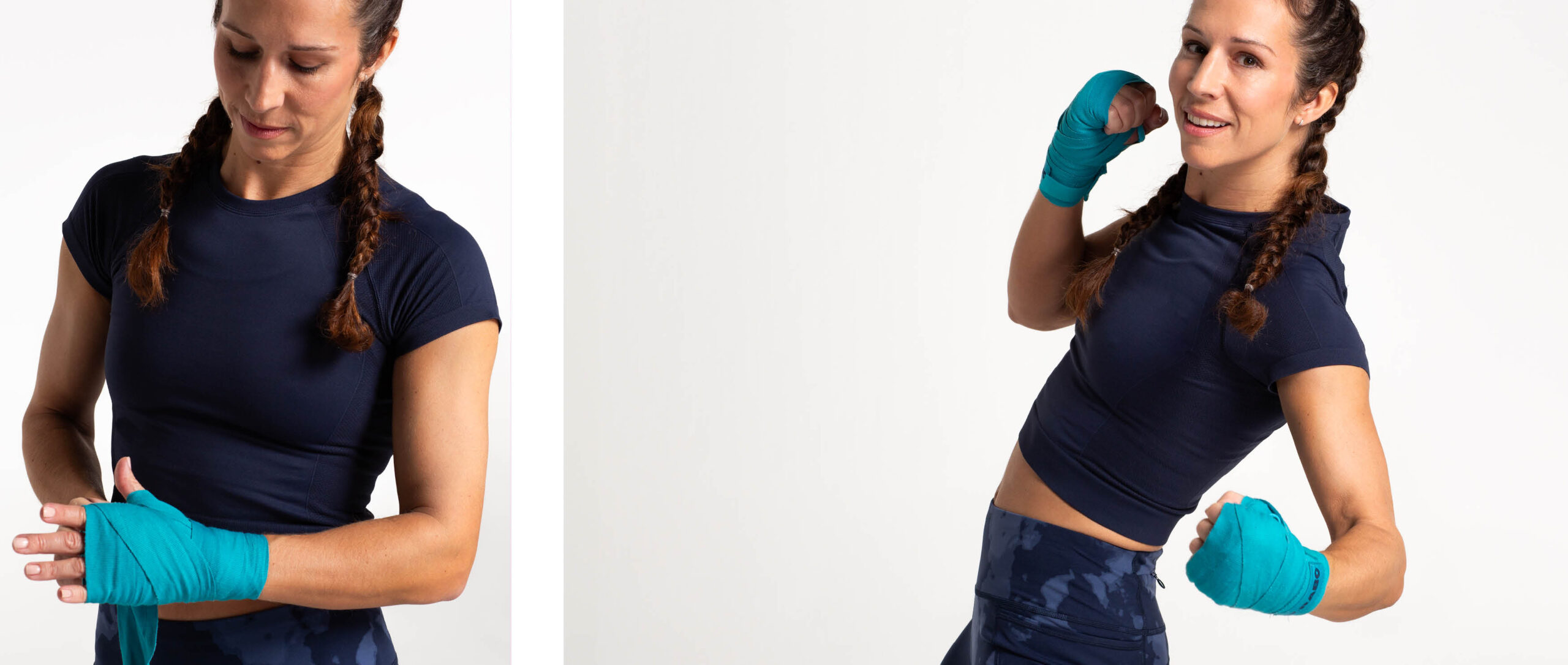
That shift in attitude isn’t just cultural, it’s structural. England Boxing’s recent partnership with the Youth Endowment Fund will see more than 3,200 young people across 40 clubs take part in a crime-prevention programme designed to steer vulnerable teens away from violence through boxing’s discipline and community focus. It’s the kind of initiative that reflects exactly what Rachel believes in- boxing is a brilliant tool for transformation, not just competition.
Research supports it too. A 2024 study published by Wiley found that community-based boxing programmes significantly improved emotional control, discipline and social behaviour among young people in London, particularly those from disadvantaged backgrounds. Rachel sees it every day. The change isn’t always loud, but it’s lasting.
Balance, though, remains a work in progress. Rachel calls it her biggest weakness. “I have a work hard, play hard attitude, although by play I mean lying on a beach!” she says, smiling. Travel gives her perspective and a reset. “The police are flexible, so I’ll take a month off and backpack around South East Asia with my husband before going back to the cycle of work, gym, boxing shows and England camps.” He’s a boxer too, which makes the routine easier to share, even if she occasionally finds herself coaching him. The pair even eloped this summer while at the World Police and Fire Games, another milestone slotted between everything else they’ve got going on. Recently she’s tried to direct some of that focus inward. “I’ve started booking HIIT or reformer classes and having a sports massage once a month. I’m trying!”
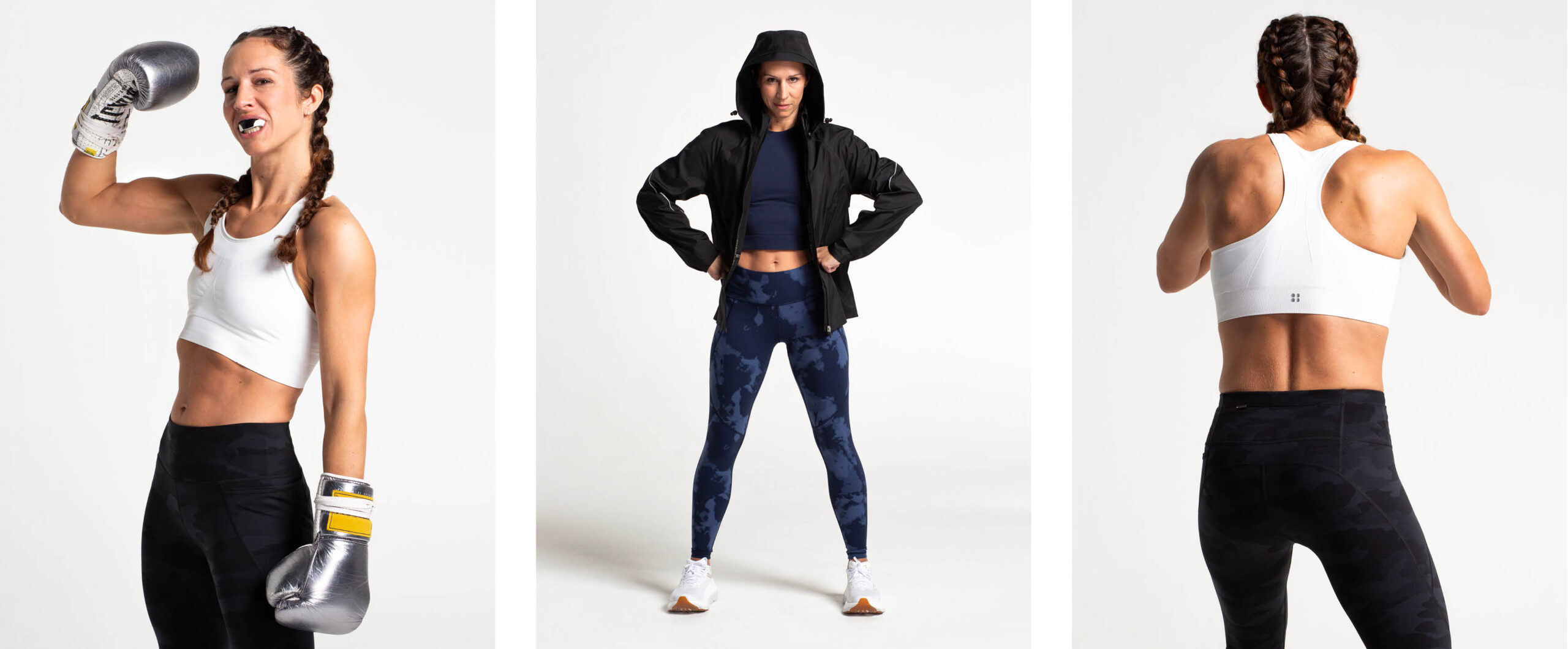
Ten years of coaching have given her enough stories to fill a book, but one stands out. “A former boxer got in touch recently because he wanted to help fundraise for a new ring,” she says. “We met for coffee and he told me he’d been in a dark place when he joined the club. The community and confidence he found there got him through. He said he didn’t think he’d still be around if it wasn’t for boxing. None of us knew what he was going through. Sometimes you don’t even realise the impact you’ve had.” She pauses. “Boxing has a way of giving people something to hold on to.”
Holding on to something, finding your way out of the dark – that’s what Rachel believes the sport is really about.
She’s the biggest advocate for its ability to change lives. “I mean it’s not glamorous,” she laughs, “but it gives people purpose.” She encourages young women to step into the ring with that in mind. “You won’t always get it right. Take those Instagram reels with a pinch of salt. No one shows the times they got a combination wrong or took a shot with their chin up.” She doesn’t romanticise boxing, but she respects what it can teach. “Be okay with losing, it’ll happen, and focus on what you do next. Yes, there are still fewer opportunities for women, so setbacks are part of it. But be proud of your identity as a female boxer and make it your own. Long gone are the days when it was only tomboys who boxed. Be you, as well as that girl who boxes!”
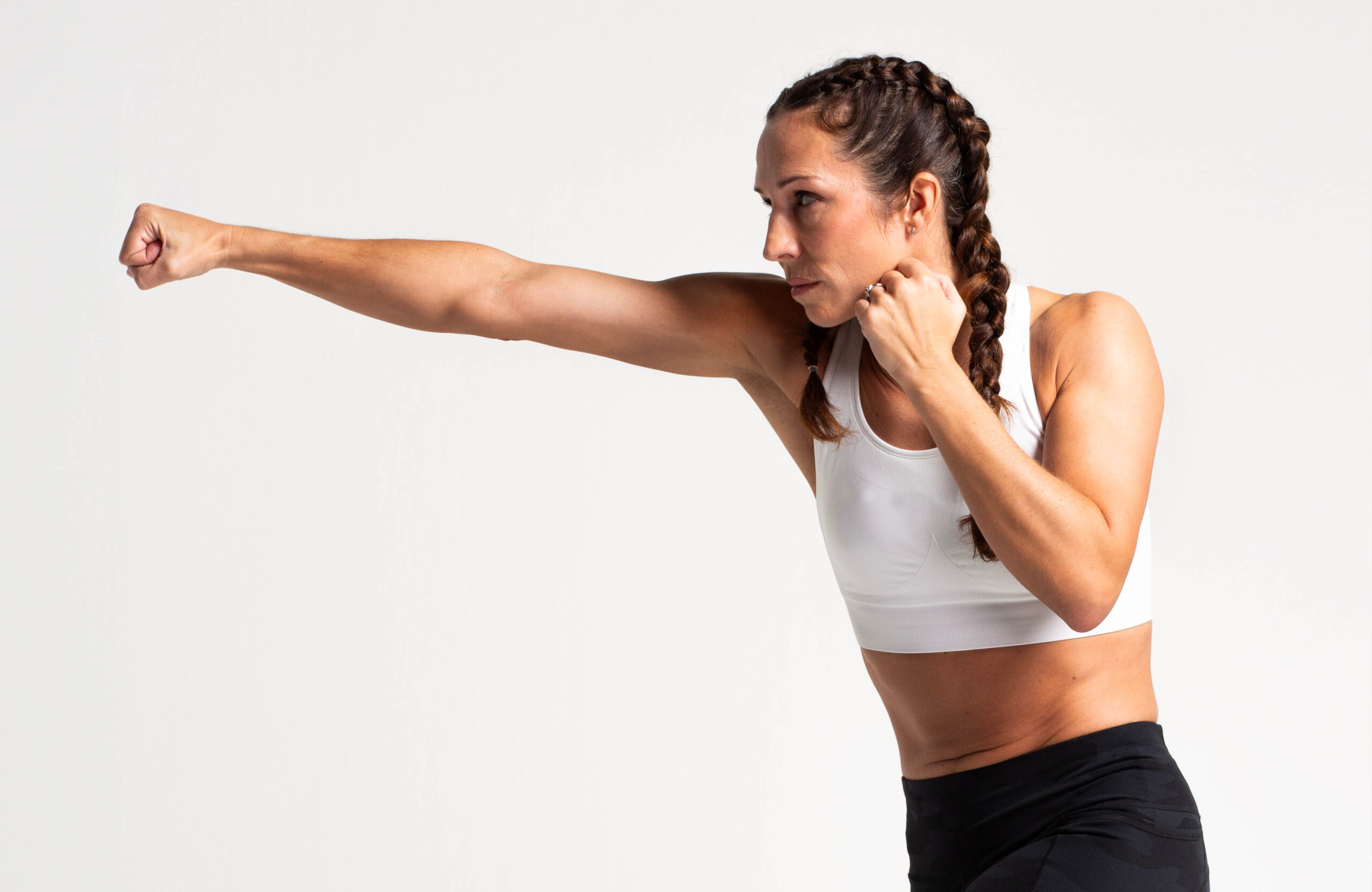
community
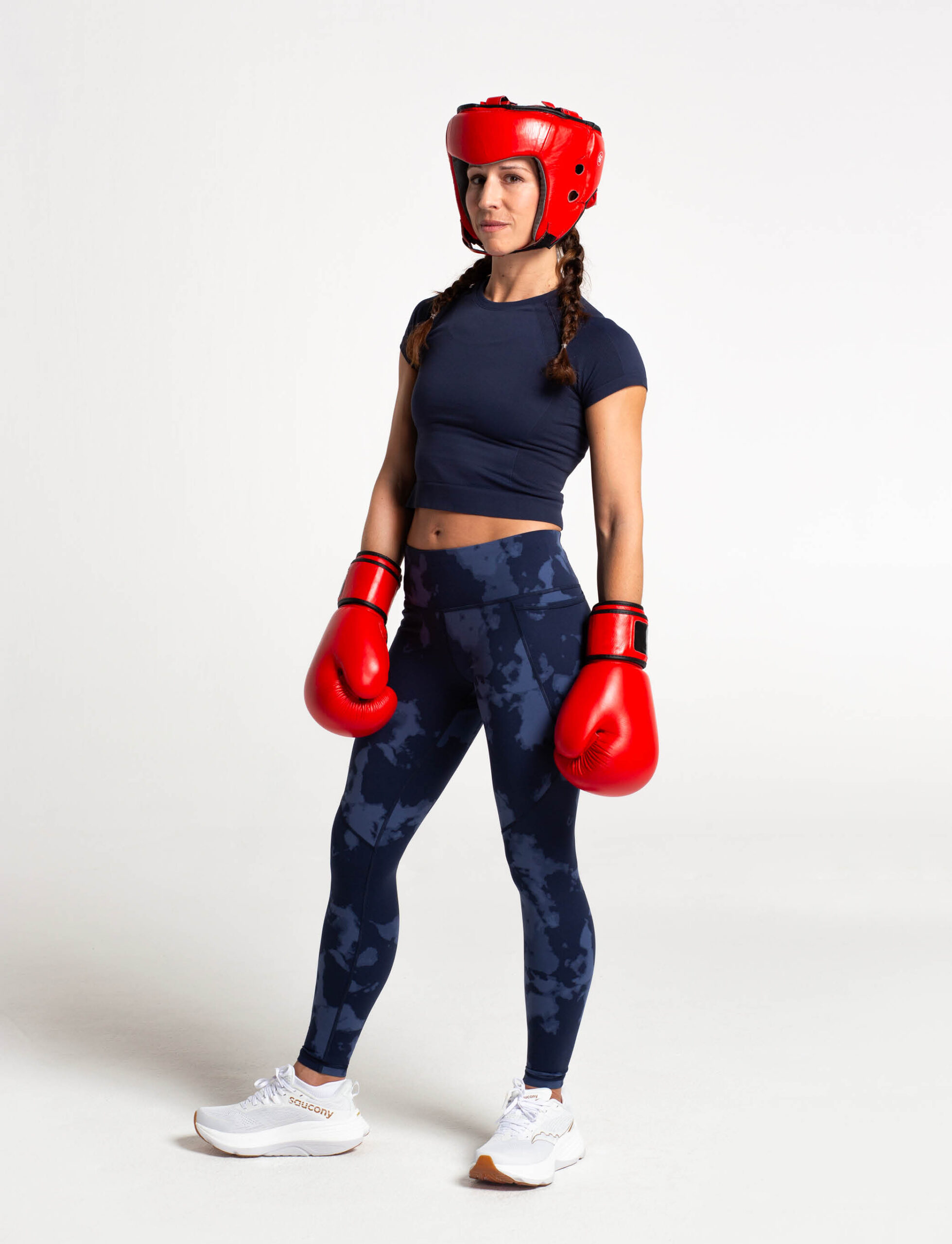
Talk of identity leads naturally to something bigger. Being a female boxer isn’t about standing apart, it’s about standing firm, in the ring or the incident room, anywhere strength is tested. “I feel power moving between my two worlds, from the boxing gym to the incident room, knowing I’m holding my own in spaces that weren’t built for women,” Rachel says. “It’s not about proving a point anymore, it’s about owning my place and knowing I’m there on merit.”
Boxing has given Rachel almost everything: purpose, perspective and the chance to see what’s possible when commitment outweighs doubt. “Boxing is my life,” she says. “In the short term, I’ve got a club show to organise, then I’m off to Croatia with the England team next month. Long term, I’ve no idea, and for once I’m totally okay with that. Boxing’s thrown some unbelievable opportunities my way, and I’m excited to see what’s next.” There’s a confidence that comes from building a life around the things that matter. After years spent fighting, coaching and leading, Rachel has realised that power doesn’t always need to roar. It can be calm, measured and completely sure of itself. That’s the power she carries now, steady, unshakable and entirely her own.
Rachel wears the Power collection from Sweaty Betty – designed for women who live their strength. Explore the collection here.
A Glorious Sport Production:
By Glorious for Sweaty Betty.
Creative & Art Direction: This Is Root
Photography: Heiko Prigge
Director of Photography: Robin Weaser
Photography Assistants: Joe Horton, Callum O’Keefe
Make-Up: Alev Miller
Make-Up Assistant: Rae Anglim
Wardrobe: Nicole Daly
Runners: Rose Arthur, Eleri Shone
With thanks to Mount Pleasant Studios

